
By Rick Vacek | Sept. 5, 2023
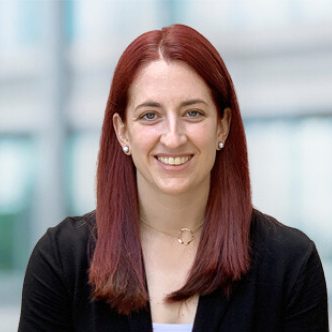
It’s hard to say which aspect of the Faculty Mentoring workshops is most beneficial to new faculty at The University of Texas at Dallas. There are so many positives.
But determining the program’s value? That’s easy.
Dr. Kelly Jahn, an assistant professor in the School of Behavioral and Brain Sciences who arrived on campus in January 2023, responded quickly when asked what advice she would give incoming faculty about the program.
“I would say definitely come to the workshops,” she said. “It’s a good way to network with people. It’s a good way to get questions answered by people who have a lot of experience.
“The speakers they brought in were from diverse backgrounds and have a wealth of experience in understanding how to navigate academia. Those are just hard questions to get answered.”
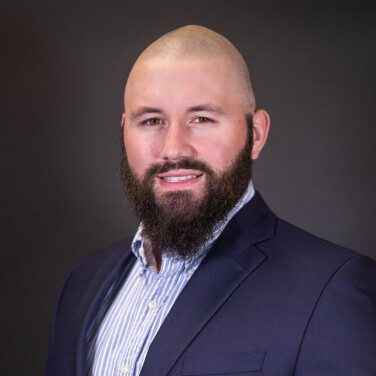
There’s another benefit that will kick off with the first workshop of the 2023-24 academic year, “How to Get a Quick Start” at 11:30 a.m. Friday, Sept. 8, in MC 2.404: It’s a great opportunity to meet new people.
“It’s nice to have a meeting with people from other disciplines who are in their first year at the University,” said Dr. Alexander L. Burton, assistant professor in the Criminology and Criminal Justice Program. “I’m in the School of Economics, Political and Policy Sciences, and we all hang out together. It’s like a first-year cohort. To see people in engineering and management and other fields was pretty cool.”
Community can lead to collaboration. Burton met Dr. Jiayi Wang, assistant professor of mathematical sciences, at a workshop, and she later provided the statistical framing for his research on prison officer training.
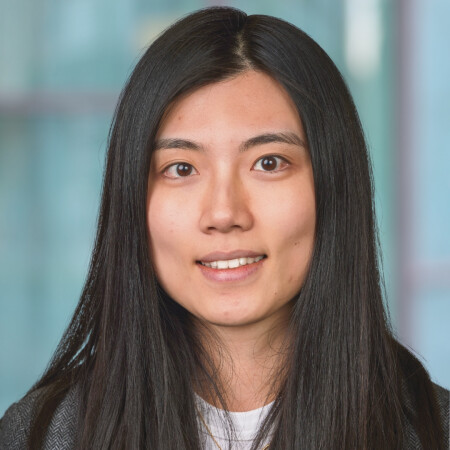
Dr. Pumpki Lei Su, assistant professor in the School of Behavioral and Brain Sciences, was so eager to meet faculty members from other schools, she made it a point to sit with them.
“I really like the workshops because I feel like there’s a social piece to it,” she said. “In addition to learning more about various research development topics, you have the opportunity to meet junior faculty from other schools in completely different fields.”
Workshop topics for 2023-24 include research and publication strategies, lab management and tips for grant writing. Jahn noticed that a recurring theme – time management – comes up in the workshops and other mentoring activities.
“Even if you’re good at time management in your own life, it’s hard as a new faculty member,” she said.
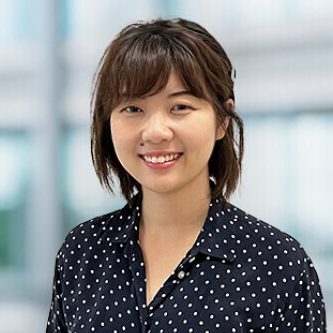
Burton said the spring session on tenure expectations was particularly helpful.
“Most people on the tenure track have some idea of tenure,” he said, “but to actually get the institution-specific rundown was very nice.”
The quality of the sessions also drew raves from attendees.
Burton “really enjoyed the topics that we talked about” and said the workshops produce answers to questions “a first-year person would want answered and just want some more input and guidance on.”
Even a mentor in the program could readily see the benefits.
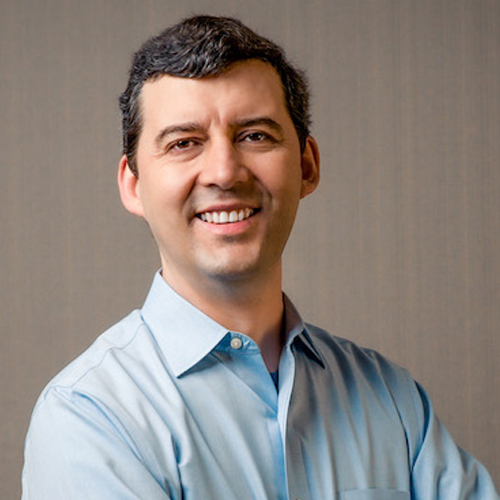
“These workshops are on point,” said Dr. Carlos Busso, a professor in the Electrical and Computer Engineering Department. “How to write a proposal, how to establish collaboration – those help you.”
It’s all about making new faculty members feel welcome and included in their new environment. The challenges of teaching and research can be overwhelming at times, which is why an interesting word often comes up:
Loneliness.
“You’ll learn a lot about the actual struggles that everyone is facing,” Jahn said. “You’ll feel like you’re not alone in some of the things that you’re trying to figure out or feel like you didn’t really learn before you had this job. It will make you feel like you have a community of people who are dealing with the same things, and it will reassure you that it’s not out of the ordinary.”
Su put it this way:
“Being a new assistant professor, sometimes you feel quite lonely. You run your own lab, and you have this feeling that you have to figure out everything on your own because it’s your research. You’re filling this niche. But then in this program, you talk to other people who are going through exactly the same problem. There’s that peer support.”